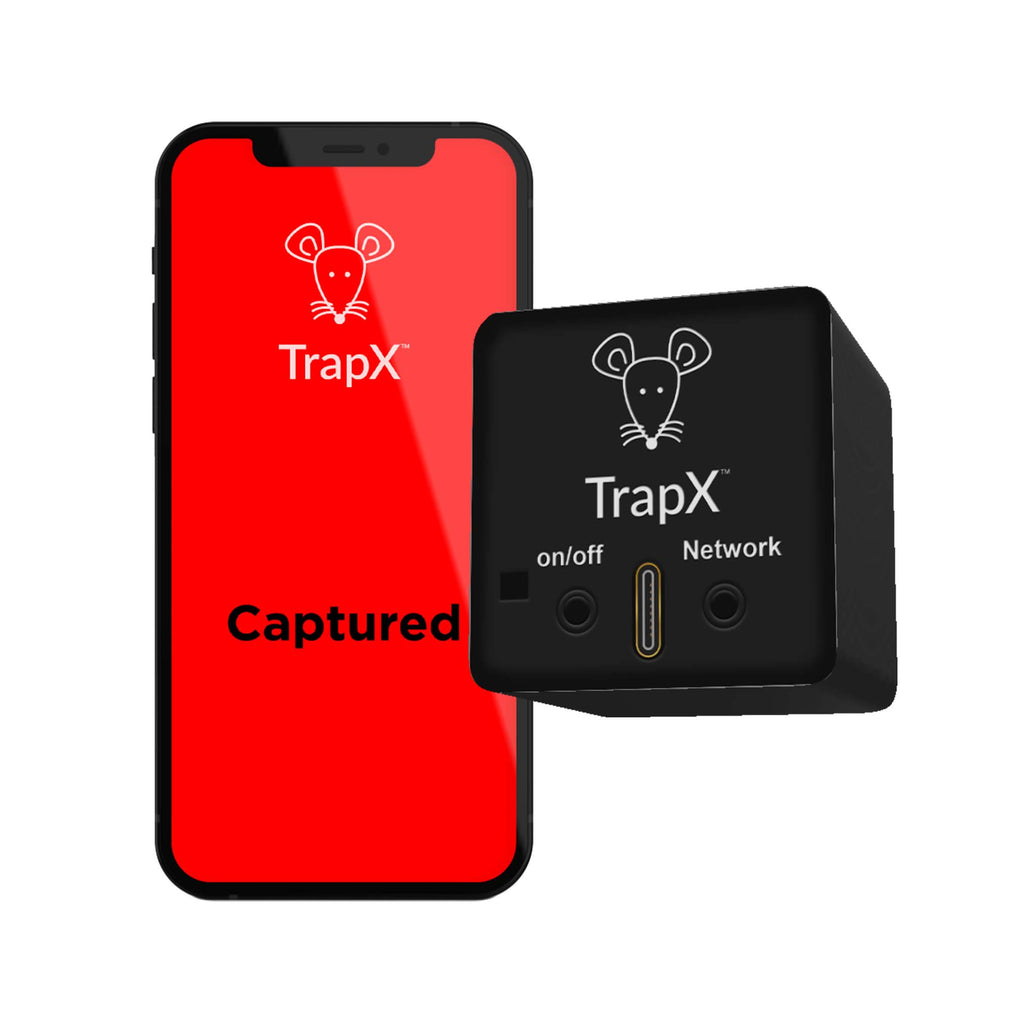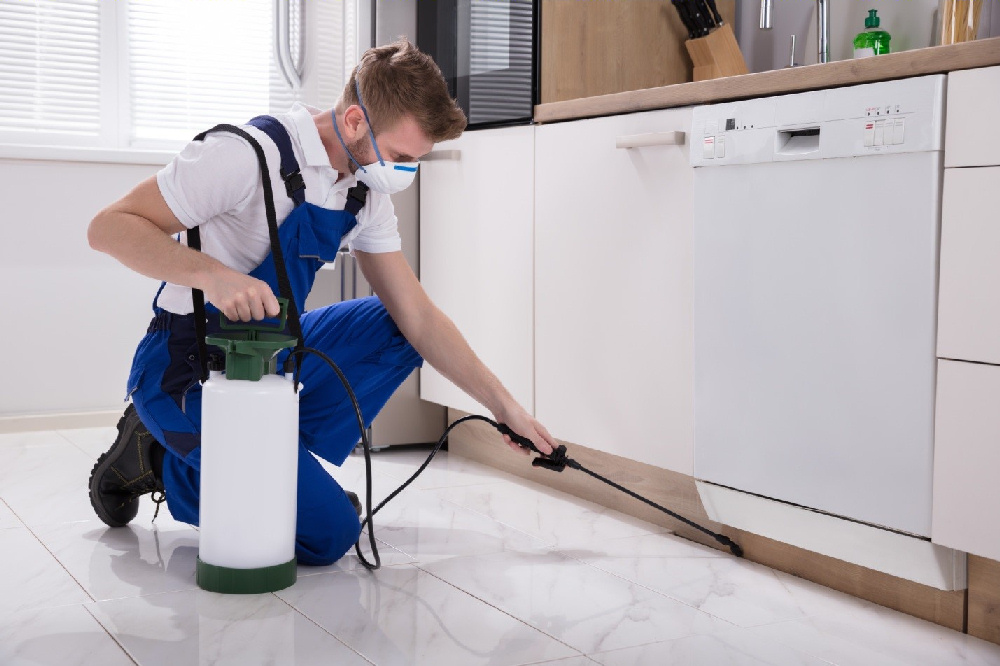Pest control is a critical aspect of maintaining both residential and commercial spaces. It ensures that your environment stays safe and healthy, free from the annoying and often destructive presence of pests. Many people wonder, 'what do professionals use for pest control?' This question not only reveals curiosity but also an interest in understanding the practices and methods that experts employ in the pest control industry.
In this comprehensive guide, we will delve into the strategies and products that professionals utilize for pest control. We will explore the reasons behind these choices, the impacts of pest control methods on health and the environment, and what you should consider when hiring a pest control service.

The Importance of Professional Pest Control
Pests aren't just a nuisance; they can cause damage to property and can even pose health risks to humans and pets. This is why understanding what professionals use for pest control is essential. Experts are trained to identify the various types of pests, their habitats, and the best methods for managing them effectively.
When pests infiltrate a home or business, it's not merely about getting rid of them. Its crucial to address the underlying problems that allowed them to thrive in the first place. This typically requires an integrated pest management (IPM) approach that combines various tactics, such as:
- Inspection and identification of pests
- Assessment of the environment
- Implementation of control strategies
- Monitoring for future infestations

1. Common Products Used by Pest Control Professionals
Professionals rely on a variety of products to combat pests effectively. Here are some of the most common:
1.1 Insecticides
Insecticides are chemical substances used to kill insects. They are available in various forms, including powders, sprays, and granules. Professionals choose specific insecticides based on the type of insect and its life cycle. Common ingredients include:
- Pyriproxyfen: A growth regulator that interrupts the life cycle of insects.
- Pyrethroids: Synthetic chemicals that act similarly to natural insecticides like pyrethrins.
- Neonicotinoids: Used for their effectiveness against a variety of pests.
1.2 Rodenticides
For rodent control, professionals frequently use rodenticides, which are specifically formulated to target rats, mice, and other rodents. These products are designed to be highly effective while reducing risks to non-target species.
1.3 Traps
Physical traps, such as snap traps and glue boards, are commonly used for immediate pest control. Professionals often use these in conjunction with chemical methods for a more holistic approach to pest management.
1.4 Baits
Bait stations filled with attractive substances and insecticides can be used for targeted pest control. These systems allow for controlled exposure, minimizing harm to beneficial organisms.

2. Integrated Pest Management Techniques
Besides using chemicals, professionals implement integrated pest management techniques that combine multiple strategies to control pests effectively. Some techniques include:
2.1 Exclusion
Preventing pests from entering buildings is the first step in pest control. This involves sealing cracks, installing screens, and maintaining landscaping.
2.2 Sanitation
Maintaining clean spaces is critical in keeping pests at bay. This includes regular cleaning, proper waste disposal, and minimizing clutter.
2.3 Biological Control
Using natural predators to control pest populations is a sustainable option employed by some professionals. This can include introducing beneficial insects that prey on the target pest.

3. Considerations When Hiring a Pest Control Service
If you are considering professional pest control for your home or business, here are a few considerations:
3.1 Licensing and Certification
Ensure that the pest control service is licensed and certified to perform pest control in your area. This guarantees they follow all safety and environmental regulations.
3.2 Experience and Reputation
Look for a service that has a proven track record in pest control. Checking online reviews and asking for recommendations can help in this regard.
3.3 Environmental Responsibility
Choose a pest control company that practices environmentally friendly methods. Understanding their use of chemicals and their commitment to sustainable practices is essential.
Conclusion: Staying Prepared
Now that you know what professionals use for pest control, you can rest assured knowing that trained experts have numerous tools and strategies at their disposal to handle any infestation efficiently. Whether its through chemical means, physical traps, or a holistic approach that includes preventive measures, professionals are equipped to safeguard your home or business from unwanted pests.
For more information on chemical use in pest control, check out this article on pest control chemicals. If you're interested in starting your own pest control business, you can learn about getting started. You can also read tips on dos and donts of pest control.
As an Amazon Associate, I earn from qualifying purchases.
